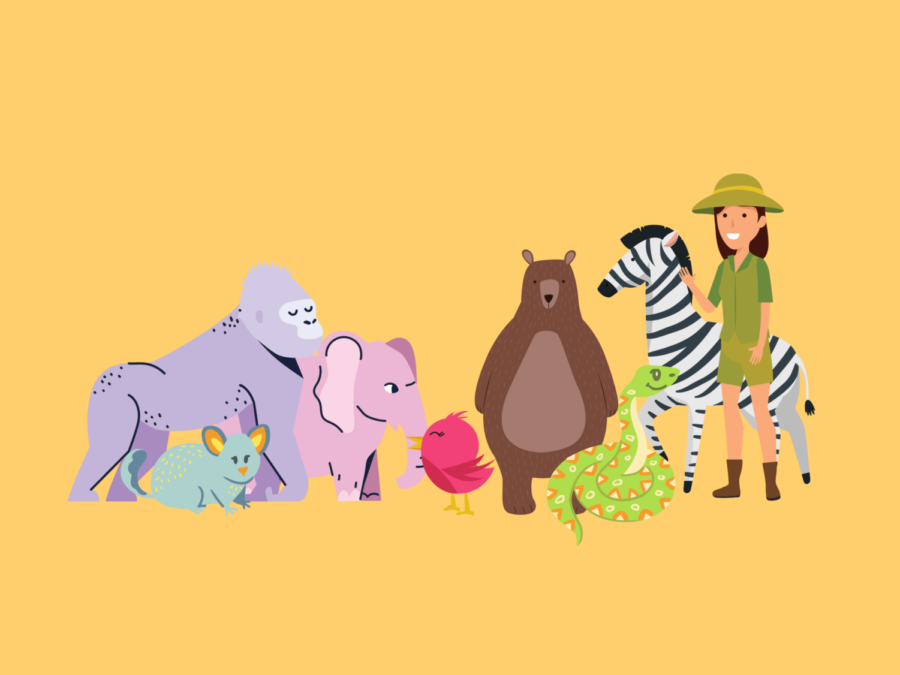Opinion: Zoos are unethical
As spring approaches and the warmer weather sets in, people are beginning to venture out to enjoy the season with their family. Activities like riding roller coasters at Six Flags with friends, attending a picnic at the park or seeing a movie are very popular activities to occupy time. Another frequent one has to be visiting a local zoo and being able to stroll around and observe wildlife up close. And while zoos may seem fun and lighthearted, there is a sick and twisted reality to how and why they operate.
Primarily relying on the profit they receive from consumers who visit, zoos have gone to extreme measures to make money such as offering visitors the ability to feed, pet and take selfies with the animals. These once-wild animals, now forced to occupy a 20-by-15 habitat instead of their accustomed free-rein environments, are tamed to feel “comfortable” around humans. In a sense, their instincts are broken to become domesticated. Director of government affairs for the Animal Welfare Institute Nancy Blancey said that, due to this treatment, animals at zoos are consistently in a stressful environment. She says, “To take a picture with the tiger or kiss an orangutan, that’s not wildlife tourism; that’s exploitation.”
While zoos claim to conserve and protect animals, the majority of animals have been proven to die prematurely in captivity. Elephants have been, by far, one of the most popular animals included in the debate about the morality of zoos due to their endangered status. In a study led by the RSPCA, female African elephants in Amboseli live for about 56 years, but in zoos, they only live up to 17 years.
The main cause for this is the consistent cycling through elephants, specifically calves, in zoos. It is mandatory to swap out these animals due to the fact that elephants are social animals and must meet new peers. This process ultimately affects their overall health.
Zoos may never completely shut down, but there are healthy alternatives that can be beneficial not only to animals, but humans as well. Sanctuaries and rehabilitation centers such as the Heard Natural Science Museum and Wildlife Sanctuary in McKinney promote a safe haven for creatures such as birds, mammals and reptiles in hopes to keep their populations alive. The sanctuary offers a learning experience to visitors about their wildlife in their 289-acre park.
Animals are key components to our environment’s wellbeing and deserve to be treated with respect, no matter how big or small they are. In return, we, as a society, have decided to confine them to a life full of people gawking, pointing and taking unsolicited photos with blindingly bright flashes. The next time you want to visit the zoo, take a step back and pause. Remember that you, too, would not want unwelcome visitors in your home, taking photos and pointing at you, and instead, just go to a movie or the mall.

Senior Madeline Rivera is the Editor-in-Chief and this is her third year on staff. In her free time, she enjoys watching romantic movies, traveling and...













